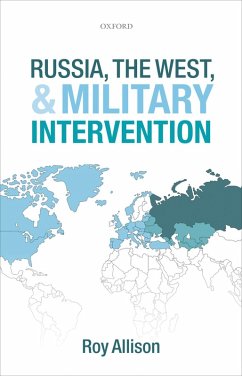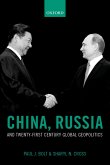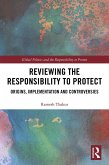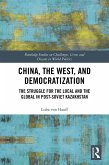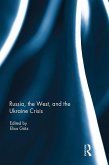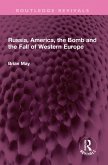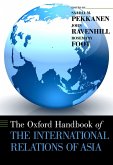Russia has been embroiled in bitter disputes with major Western powers over high-profile military interventions - over Kosovo (1999), Iraq (2003), Georgia (2008), and even Libya (2011) which had a UN Security Council mandate. Moscow and the West reached much more agreement over the Gulf War (1990) and intervention in Afghanistan (2001), but these cases are exceptional. This interdisciplinary study explores the persistent differences between Russian and Western leaders about most Western-led military campaigns and about Russia's own use of force in the CIS region. What does this tell us about emerging norms on the use of force in humanitarian crises? How and why has there been such controversy over the legal justifications for these military operations? Has greater consensus been possible over force in global counterterrorism? What do all these controversies tell us about international rule-making? More specifically, how can we understand Russian political and diplomatic responses during international crises around major interventions? This book argues that Russia has been influential in these debates on norms and law as a permanent United Nations Security Council member and as a major military power. Moscow's approach to these questions has reflected distinctive and quite entrenched attitudes to international order and sovereignty, as well as a preoccupation with its own status. The book draws deeply on Russian sources to show how these attitudes are expressed among the Russian leadership and the political elite. This raises challenging questions about the ability of Russia and Western states to cooperate in emerging crises, in Syria, Iran, or elsewhere and about Russia's role in international society.
Dieser Download kann aus rechtlichen Gründen nur mit Rechnungsadresse in A, B, BG, CY, CZ, D, DK, EW, E, FIN, F, GR, HR, H, IRL, I, LT, L, LR, M, NL, PL, P, R, S, SLO, SK ausgeliefert werden.

